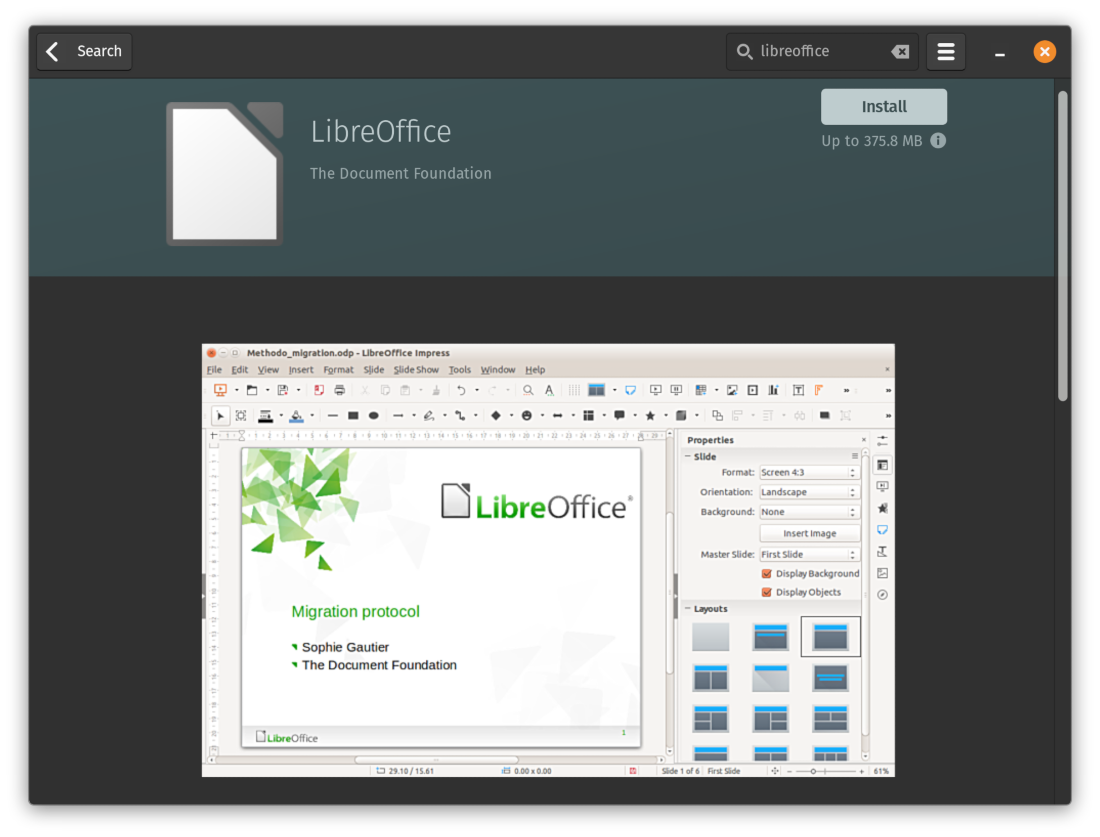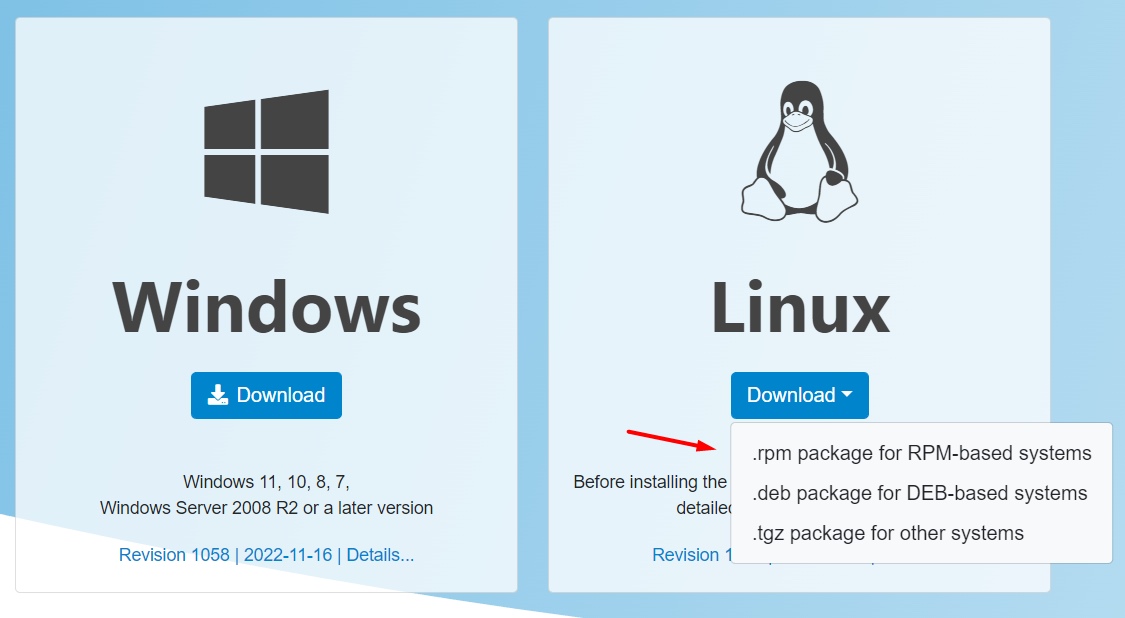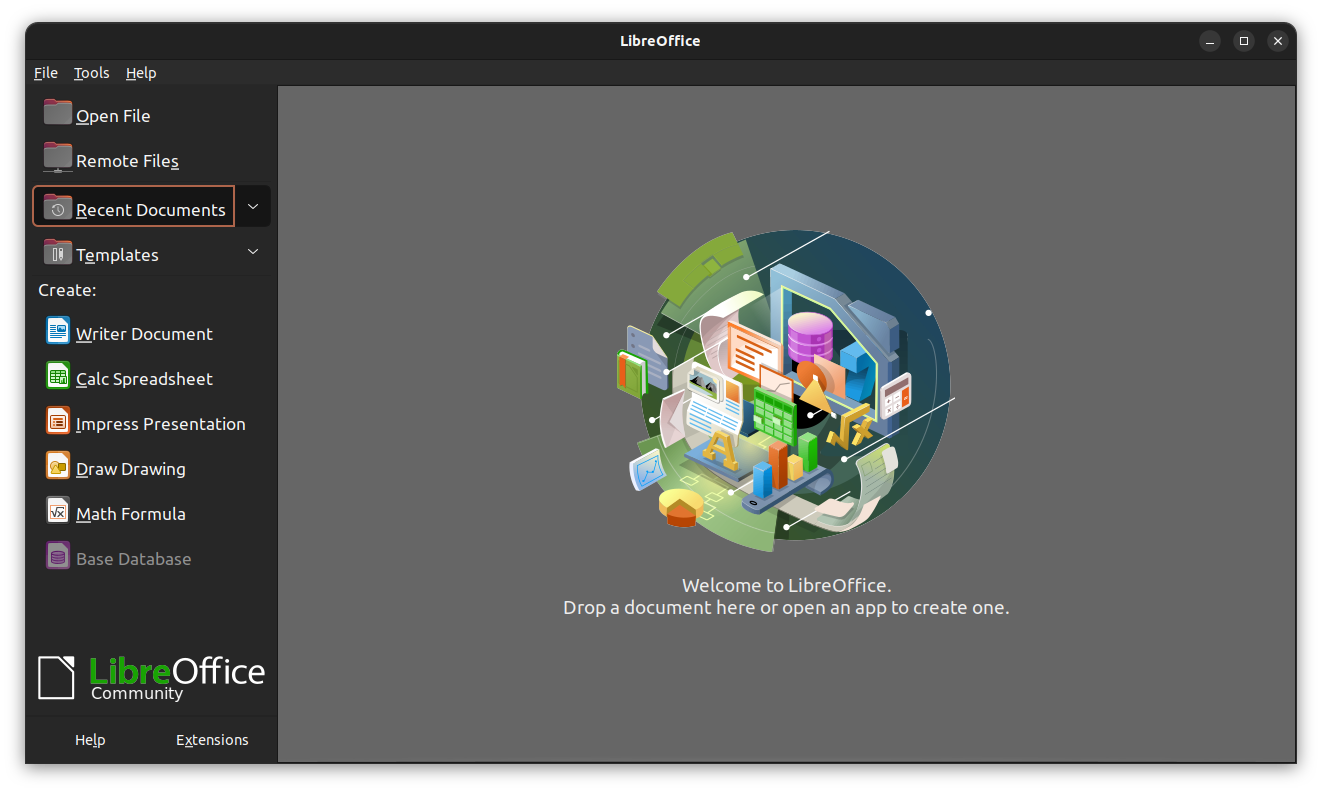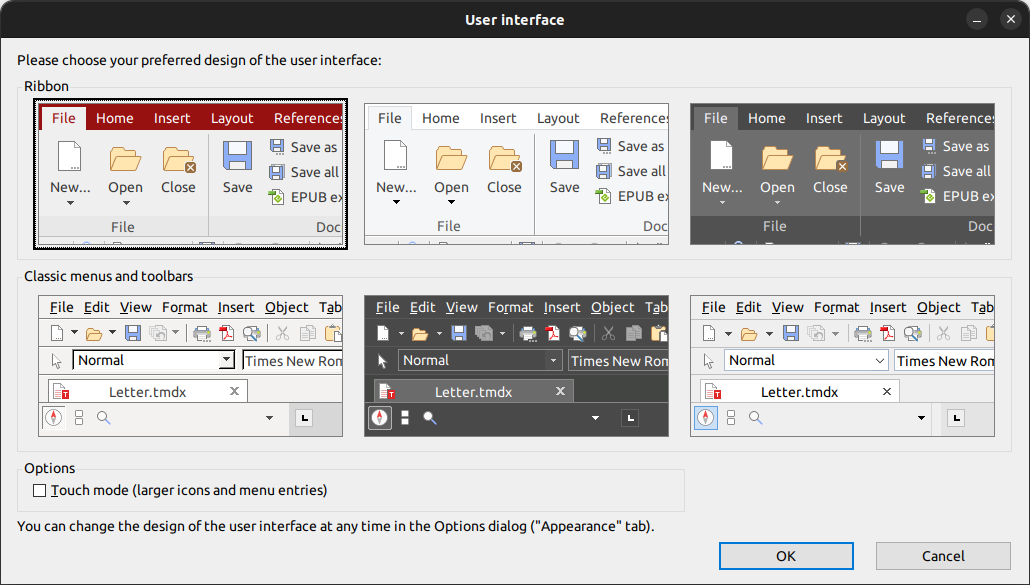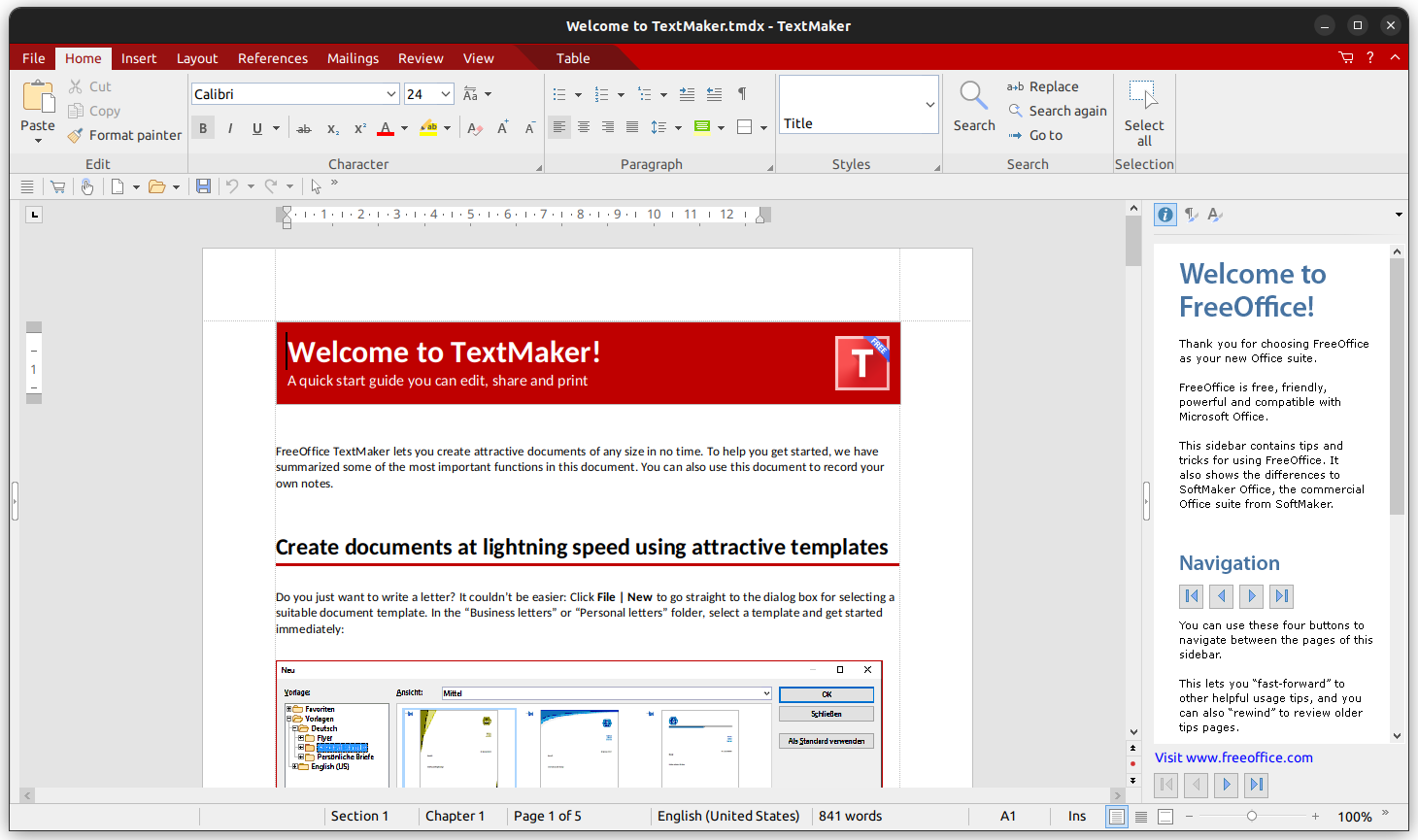LibreOffice vs FreeOffice: Comparing Popular Free Office Suites

LibreOffice is undoubtedly an excellent open-source Microsoft Office alternative. It is backed by a vast open-source community and constantly evolves to keep up with modern office requirements.
However, other options work well on Linux, so comparing tools should help you decide what you want.
Here, I focus on comparing SoftMaker’s free offering, “FreeOffice” with LibreOffice, highlighting the differences you can expect when using them.
LibreOffice vs. FreeOffice: Background Information
LibreOffice is an entirely free and open-source solution by The Document Foundation. It was created as a replacement for OpenOffice and evolved as a much more powerful alternative.
FreeOffice is a free edition of SoftMaker Office with some feature restrictions. If you did not know, SoftMaker Office is a premium office suite available on multiple platforms, including Linux.
Note that FreeOffice is not open-source.
Now that you have a brief idea, let us talk about the distinctions.
Installation and Platform Availability
If it is easy to install and available on multiple platforms, it is a good candidate for users.
LibreOffice is available for Linux, Windows, and macOS. It is also available on mobile platforms such as Collabora Office.
You can easily install it through the software center, Flathub, and Snapcraft.
FreeOffice is also available on Linux, Windows, and macOS. However, you cannot find it in your software center or Flathub/Snapcraft.
You must head to its official download page and grab the .deb/.rpm/.tgz package to install it.
A little inconvenient but doable.
You should not have an issue installing any of them. It is easy and usually hassle-free.
User Experience
LibreOffice has improved its user experience over the years. It takes a simple and clean approach to make things aesthetically pleasing.
Sure, it may not be a fancy user interface. But it keeps up with modern standards by a good margin.
I believe that LibreOffice’s layout can use improvements, providing more clarity to the available tools/icons on the main screen.
The screenshots above show how LibreOffice looks on Ubuntu 22.04 LTS.
Unless you want a user interface similar to/close to Microsoft Office, it should be plenty good.
SoftMaker’s FreeOffice gets an edge for its variety of user interface options and provides a modern user experience comparatively.
The user experience makes you feel right at home if you are a Windows-first user. Even if you are not a Windows user, it looks polished and provides a good experience for free.
Features
LibreOffice gets an advantage here, considering it provides a variety of programs and features for free.
You get access to programs like:
- Math (Scientific formula)
- Writer (Documents)
- Impress (Presentations)
- Draw (Drawings, Flow Charts, etc.)
- Calc (Spreadsheets)
- Base (Database)
In contrast, FreeOffice suite is limited to:
- Spreadsheets
- TextMaker
- Presentations
Additionally, FreeOffice cuts back on features like Spell checking, synonym dictionaries, tabs, macros, and free technical support. You can only avail of these benefits with SoftMaker Office with a premium subscription.
With LibreOffice, you can get free help from the community of fellow active users. And you get more features out of the box.
If you are an enterprise, you can opt for LibreOffice professional support that provides you with priority technical support and certification programs to provide your team with the necessary training to use/manage LibreOffice.
In contrast, I could not find SoftMaker’s enterprise offering. You can use the same subscription to use it for your business but nothing special to support a range of devices at once.
File Format Compatibility

Both FreeOffice and LibreOffice handle Microsoft Office files (DOCS, XLSX, and PPTX) just fine.
The differences arrive when it comes to the quality of compatibility. FreeOffice handles Microsoft Office files a tad bit better than LibreOffice, considering SoftMaker Office is famous for the same reason.
Sure, LibreOffice has improved over the years, but some still like FreeOffice’s capability to open Microsoft Office files without much distortion.
Regarding the variety of file format extensions supported, FreeOffice falls short, and LibreOffice gets ahead with more file format support and additional programs like Math and Draw to handle them.
Related Read: LibreOffice vs. OpenOffice: What’s the Difference?
Updates
If you want a hassle-free experience and expect updates to fix any of the issues present with the current version, both provide maintenance software updates to take care of it.
With SoftMaker’s FreeOffice, you get free service packs to fix bugs and issues.
However, LibreOffice gets regular (and more frequent) updates comparatively. So, if something’s bothering you with FreeOffice, it may take a while to get it fixed. But LibreOffice should fix it quickly unless it is something big.
Licensing

LibreOffice uses Mozilla Public License v2.0 as a free and open-source office suite. You can install it for any use case without restrictions on the number of installations/devices.
FreeOffice is a proprietary solution. You can use it for personal or business use. However, you must register to get a free product key and continue using the product.
You cannot use it for more than ten days without registering for a free license. Furthermore, with the same license, you can use it on up to 3 computers.
LibreOffice vs FreeOffice: What Should You Pick?
LibreOffice is the ideal choice even if you do not care if it’s open source or not. You don’t have to register just to use it, it gets regular updates and it is present on all the major desktop operating systems.
FreeOffice can be picked if you have an aversion to LibreOffice (some people don’t like its interface) and you need a slightly better MS Office compatibility with a good user experience.
It is available free of cost but it is not open source. So that may also be a factor when choosing between FreeOffice and LibreOffice. Also keep in mind that FreeOffice has limited features compared to LibreOffice. You should keep that in mind as well.
I believe I have given you enough points to
Source: It's FOSS
